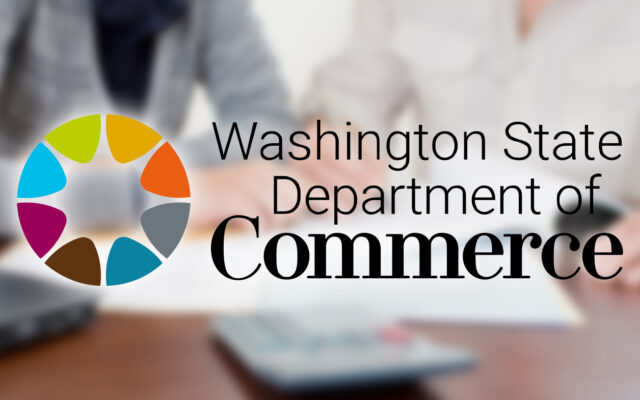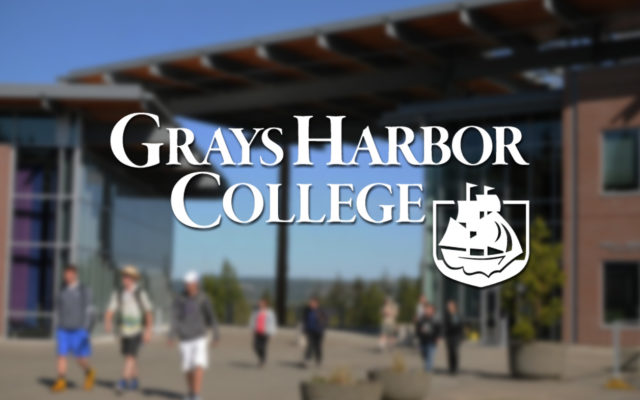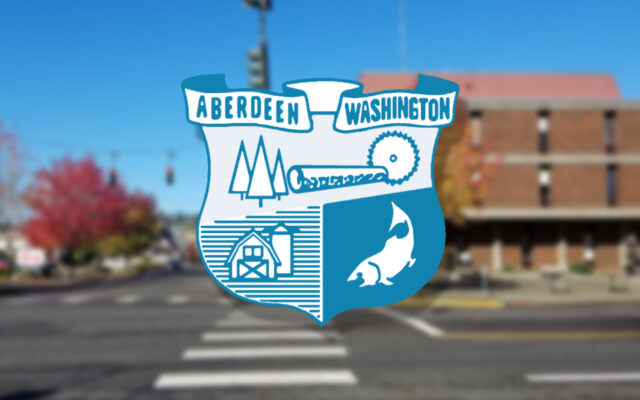Nearly $650,000 toward building network to address chronic homelessness; local funding included

The Washington State Department of Commerce recently announced the inaugural round of Apple Health and Homes (AHAH) funding to 27 organizations across the state with projects intended to serve individuals experiencing homelessness who also have health conditions.
Officials state that over 70 percent of people who are chronically homeless struggle with health conditions like mental illness, substance use disorder or significant physical disabilities, according to Rep. Frank Chopp, sponsor of the 2022 Apple Health and Homes Act (HB 1866). The Act aims to get more people quickly, safely and permanently into homes by directly linking health care and housing for those who need both. The legislation was enacted with strong bi-partisan support and endorsements from over 80 organizations across the state.
Permanent supportive housing is an effective model for assisting individuals with complex disabling conditions who are homeless or at risk of homelessness.
“Apple Health and Homes is a trail-blazing initiative to pair housing and healthcare for some of our highest need and most vulnerable neighbors. It relies on foundational elements for successful permanent supportive housing models: rent subsidies, capital construction funds, and supportive services,” said Commerce Director Mike Fong. “These initial grants will help build out partnerships and jumpstart programs across the state to serve those individuals who would qualify for this unique health care-plus-housing intervention.”
Organizations awarded initial funding are:
Cowlitz County
- Community Housing on Broadway – $12,500
- Housing Authority of the City of Longview – $25,000
Grays Harbor County
- The Moore Wright Group – $25,000
Jefferson County
- Bayside Housing and Services – $25,000
King County
- African Community Housing and Development – $25,000
- Atromitos Consulting – $25,000
- Communities of Belonging – $25,000
- HERO House Northwest – $25,000
- Lake City Partners Ending Homelessness – $25,000
- Low-Income Housing Institute – $25,000
- Multi-Service Center – $25,000
- Muckleshoot Housing Authority – $25,000
- Open Doors for Multicultural Families – $25,000
- Pioneer Human Services – $25,000
- Remnant Management – $18,320
- The Capacity Collective – $25,000
Kittitas County
- Consistent Care – Kittitas – $25,000
Lewis County
- Community Integrated Health Services – $25,000
Pierce County
- Metropolitan Development Council – $25,000
Skagit County
- Community Action of Skagit County – $25,000
- Consistent Care – Skagit – $25,000
Spokane County
- Career Path Services – $25,000
- Pathways of Washington – $25,000
Thurston County
- Consistent Care – Thurston – $25,000
Whatcom County
- Lydia Place – $18,842
- YWCA Bellingham – $25,000
Yakima County
- Justice Housing Yakima – $25,000
The AHAH initiative builds on the Washington State Health Care Authority’s Foundational Community Supports (FCS) program – the first of its kind in the nation. FCS is a Medicaid-reimbursable service that provides permanent supportive housing services. Learn more about Foundational Community Supports on the HCA website.
This first $649,662 in funding is creating a network to launch the initiative by building knowledge and expanding capacity in the organizations to deliver services under the FCS program. Additionally, these capacity-building grants offer an opportunity to expand supportive housing services to marginalized populations and organizations that historically do not have a relationship with health care or homeless services systems.
Eleven organizations that received funding are adding FCS to their book of business, while nine others have chosen to expand into new regions, including urban and marginalized communities. Of these nine, newly trained staff are onboarding and more outreach and community connections are forming. Organizations serve an array of purposes. For example, one organization is building a toolkit to assist smaller nonprofit boards and those serving marginalized communities to explore the benefits of adding FCS to their business and what other funding streams should be used to support client services. Several organizations identify as BIPOC, by and for, woman-owned or small businesses.
Future grant rounds are expected, depending on available funding.
Learn more about Apple Homes and Health and Commerce’s work to address homelessness in Washington’s 34 smallest communities.
You Might Also Like



